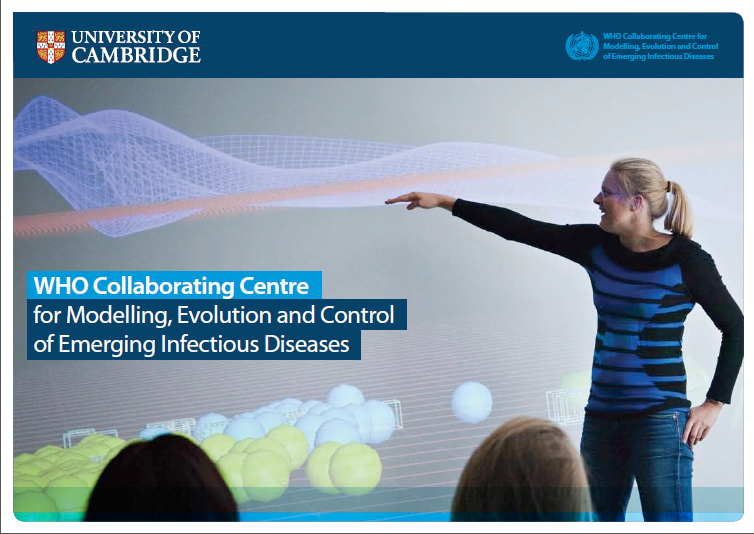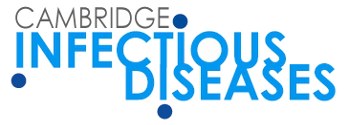The Cambridge-Africa Programme moved into its next phase in October 2012, with the award of a three-year $1.2 million grant by the Carnegie Corporation of New York and a four-year $1 million grant by The Alborada Trust, to enhance funding already provided by the Isaac Newton Trust, the A.G. Leventis Foundation, and the University of Cambridge for the establishment of the Cambridge-Africa Partnership for Research Excellence (CAPREx) Programme.
CAPREx aims to strengthen Africa’s capacity for sustainable excellence in research by supporting the region’s most talented post-doctoral and early-mid career researchers. Building on successful partnerships with the University of Ghana and Uganda’s Makerere University, CAPREx’s goal is to extend Cambridge’s research capacity building programmes into West Africa, and focus on a wider range of subject areas: social sciences, humanities, engineering and biological sciences.Training and mentoring will also be provided to African research management and administration staff, in Cambridge and Africa.
These innovative capacity-building and knowledge-exchange partnerships between Cambridge and African Universities are helping to establish equitable and sustainable, North-South and South-South institutional networks to:
- build critical masses of local research capacity for African priorities
- support human resources and infrastructure for African research excellence
- contribute to research training and career pathway development for the best African researchers
- support individual, institutional, and national scientific leadership in African universities.

Professor Dunne said: “I am delighted that the Cambridge in Africa Programme is enabling African academics to engage with Cambridge researchers. The linking of the WHO Collaborating Centre with the Cambridge in Africa programme and its African collaborations/ partnerships enables the Centre to network with African researchers and help to develop African research capacity. This can be achieved by, for example, providing training and technical support to enable disease survey networks and emerging infectious disease surveillance to be developed throughout the African continent. The building of such relationships between the brightest researchers in both Africa and Cambridge is proving to be mutually beneficial not just for Cambridge and Africa, but for tackling global issues.“
One example of how Cambridge-Africa programme and the WHO Collaborating Centre in Cambridge work together is the connection of dengue virus researchers across Africa (e.g. in Kenya, Uganda, Tanzania, Ghana, Nigeria, Cameroon, Central African Republic and Sudan). Through networking and sharing of information, this project is characterising the antigenic and genetic variation in dengue viruses across the African continent, assessing how effectively current vaccine candidates might protect against dengue strains circulating in Africa, and increasing surveillance. Another outcome is to integrate the priorities of African researchers for the study of dengue viruses with the objectives of the global dengue antigenic cartography project.
For more information, please contact Dr Pauline Essah (pae21@cam.ac.uk), Coordinator for the Cambridge-Africa Programme, or visit www.thrive.cam.ac.uk.
1 - 2


